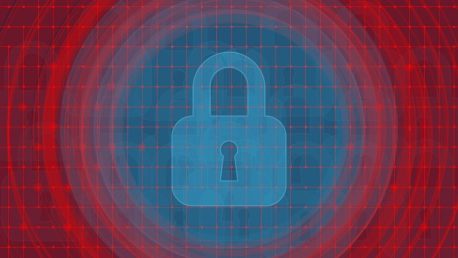The comprehensive audit scheduled for all internet-facing technology used by Commonwealth agencies underscores the escalating concerns about foreign interference and influence threats in Australia. Initiated by Home Affairs Secretary Stephanie Foster, this audit compels each federal government body to identify and mitigate potential risks. Notably, this directive embodies the second exercise of such binding powers, following the previous year’s unprecedented ban of TikTok—an app owned by Chinese interests—from Commonwealth devices. The new mandates have sweeping implications, requiring nearly 200 entities and companies to share cyber threat information with the Australian Signals Directorate (ASD).The audit is not an isolated measure but part of broader initiatives announced by Home Affairs Minister Clare O’Neil. These additional steps aim to curb foreign interference within the wider Australian community. PSPF Direction 001-2024 obligates government entities to assess Foreign Ownership, Control, or Influence (FOCI) risks in the procurement and maintenance of technology assets. This directive must be operational by June next year. Furthermore, the initiative mandates an inventory of all internet-facing systems managed by these entities, ensuring comprehensive risk management provisions.
The Mandate for Enhanced Information Sharing
The requirement to share cyber threat data with the ASD adds another layer to the regulatory landscape. By mandatorily using threat intelligence sharing platforms, Australian government entities aim to enhance the collective defenses against cyber threats. Although the exact details of funding these activities remain vague, the directives have garnered significant support from cybersecurity experts. Sarah Sloan of Palo Alto Networks in Australia remarked that these directives are pivotal for Australia’s goal of becoming the world’s most secure nation by 2030. She emphasized safeguarding vital data and systems, spotlighting the requirement of stocktaking internet-connected technology assets as particularly crucial.Sloan elaborated on the necessity of managing the attack surface, which has rapidly expanded due to cloud adoption, digital transformation, and the surge in remote work practices. These technological shifts make it imperative to inventory all internet-facing systems routinely. The combination of meticulous cataloging and shared intelligence represents a proactive approach to managing potential cyber threats. This collaboration between multiple government entities and the ASD is crucial for building an effective defense against sophisticated cyber-attacks orchestrated by foreign adversaries.
Balancing Audit Implementation and Risk Mitigation
Although the directives chart a clear path for bolstering cybersecurity, one cannot ignore the inherent challenges of implementation. Beyond the logistical aspects, there are concerns about funding and resource allocation to conduct such an extensive audit effectively. Given the scale of nearly 200 entities and companies, the process will require substantial coordination and possibly new technologies to manage the enormous influx of shared information. However, the consensus among experts is that these measures are a vital step forward, reflecting an aggressive stance against foreign interference.The mandates do more than stipulate procedural changes; they signify a cultural shift towards heightened vigilance in cybersecurity. Agencies must now be perpetually aware of their digital footprints and the inherent risks posed by internet-facing systems. This shift includes not just a thorough inventory but ongoing risk assessments and adjustments to emerging threats. Essentially, this creates a dynamic cybersecurity framework adaptable to the changing landscape of cyber threats, which are increasingly sophisticated and state-sponsored in many cases.
Potential Impact on National Security
The upcoming audit of all internet-facing technology used by Commonwealth agencies highlights growing concerns over foreign interference and influence threats in Australia. Initiated by Home Affairs Secretary Stephanie Foster, the audit mandates each federal agency to identify and address potential risks. This marks the second exercise of such binding powers, following last year’s unprecedented ban on TikTok—a Chinese-owned app—from Commonwealth devices. The new requirements have broad implications, compelling nearly 200 entities and companies to share cyber threat data with the Australian Signals Directorate (ASD).This audit is part of wider initiatives announced by Home Affairs Minister Clare O’Neil, targeting foreign interference across Australia’s broader community. PSPF Direction 001-2024 mandates government entities to assess Foreign Ownership, Control, or Influence (FOCI) risks when acquiring and maintaining technology assets, with full implementation expected by June next year. Additionally, this directive requires an inventory of all internet-facing systems managed by these entities to ensure comprehensive risk management strategies are in place.









